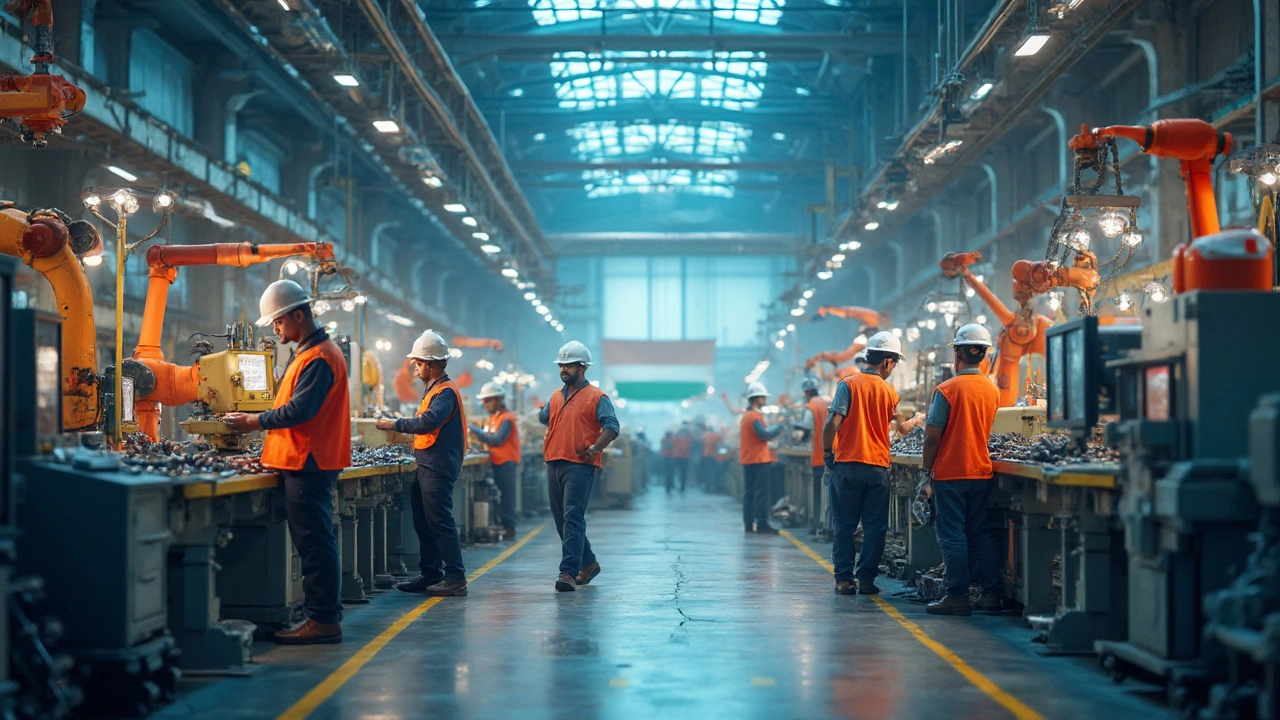Manufacturing Hubs: Where Plastic Production Takes Off
If you’re looking to set up a plastic factory or expand an existing line, the first thing you need to decide is location. A good manufacturing hub gives you cheap labor, easy transport, reliable power, and access to raw materials. In India, a handful of cities have built that perfect mix, and they’re worth a closer look.
What Makes a City a Manufacturing Hub?
Three factors usually separate a regular town from a real hub. First, infrastructure – highways, rail links, ports, and airports must move goods quickly. Second, a steady supply of skilled workers keeps the line humming. Third, government policies such as tax breaks or special economic zones (SEZs) cut costs and speed up approvals. When these three line up, businesses can grow faster and stay competitive.
Top Indian Hubs for Plastic and Polymer Production
Pune – Known for its engineering colleges, Pune offers a deep talent pool for molds and machine operation. The city sits near the Mumbai–Pune Expressway, making it easy to ship finished products to the western coast.
Surat – While famous for textiles, Surat’s industrial parks host several plastic extrusion units. The city’s proximity to the major ports of Hazira and Dahej cuts export costs for companies that sell abroad.
Vadodara – Often called Gujarat’s chemical powerhouse, Vadodara provides cheap raw chemicals essential for polymer production. The nearby Gujarat International Finance Tec-City (GIFT) also brings in finance and logistics expertise.
Chennai – The southern gateway has a massive automotive cluster, and many auto‑parts makers need plastic components. Chennai’s port handles large container ships, which is a win for bulk raw‑material imports.
Delhi NCR – The capital region may have higher land prices, but it compensates with unmatched connectivity. Almost every major highway and rail line meets here, and the area’s large consumer market means quicker demand feedback.
Each of these hubs has a different sweet spot. Choose Pune if you need engineering talent, Surat for export speed, Vadodara for cheap chemicals, Chennai for automotive tie‑ins, or Delhi NCR for market access.
At Urban Polymers India, we’ve set up production lines in two of these hubs. The experience taught us that local supplier networks matter a lot. In Vadodara, we can source PVC and polymer additives within a 30‑km radius, slashing transport fees. In Pune, our design team works hand‑in‑hand with the factory floor, shortening the prototype cycle.When you’re scouting locations, map out three things: raw‑material sources, logistics routes, and labor availability. A simple spreadsheet that scores each city on these criteria can save weeks of back‑and‑forth with real‑estate agents.
Finally, keep an eye on future plans. Governments regularly announce new SEZs or industrial corridors. For example, the Delhi–Mumbai Industrial Corridor (DMIC) promises high‑speed freight lines that will make the middle belt of India a next‑gen hub. Getting in early can lock in lower land costs and give you a first‑mover edge.
Bottom line: the right manufacturing hub can cut costs, speed up delivery, and give you the talent you need to stay ahead. Look at infrastructure, labor, and policy, then match those to your product’s needs. With the right choice, your plastic business can grow faster and stay competitive in a crowded market.
Machinery Manufacturing: Which Country Leads the Pack?
Wondering which country tops the charts in machinery manufacturing? This article breaks down the global leaders, with a closer look at India’s growing spot in the industry. Find out what sets the top countries apart, what makes India's market tick, and how it stacks up against the competition. Get handy tips for choosing suppliers and see where the future of machinery is headed. Dive in for specific facts, comparisons, and advice for anyone interested in industrial machines.
